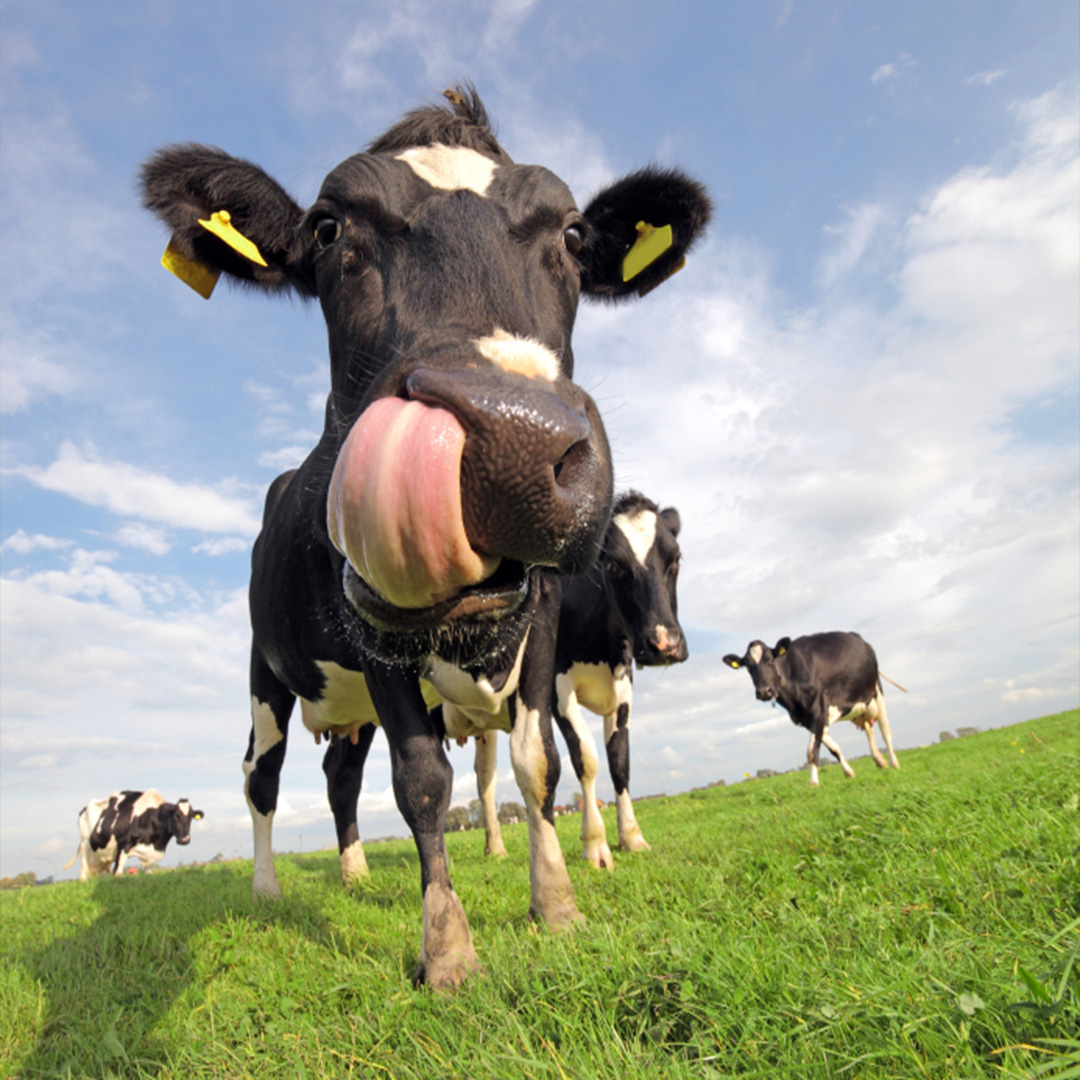it’s got to be organic!

it starts with
the soil …
it’s got to be organic!
Organic is a system of agriculture that is described as extensive rather than intensive. Simply put, in dairy, that means fewer cows on more land. The grass is allowed to grow at its natural pace and no artificial fertilisers or synthetic pesticides are used. The farmers work in harmony with nature and are focused on the health of the soil.
certification
The farms which supply Glenisk with milk are certified by the Irish Organic Association (IOA) and are audited regularly. To achieve certification, they must subscribe to EU Organic Regulations and the IOA’s Organic Standard. The standard includes detail on animal welfare and specifies the maintenance of animal health by encouraging the natural immunological defence of the animal, as well as the selection of appropriate breeds and husbandry practices. At Glenisk, we routinely test our products for pesticide residues to ensure they are absent.
no synthetic pesticides
Organic farming promotes biodiversity. The IOA standard, to which the farmers must subscribe in order to supply Glenisk, provides an exhaustive list of agricultural inputs which are permitted in organic farming. The standard includes detailed measures for natural control of pests including use of beeswax, plant oils and steam sterilization. Heavy emphasis is placed on the cultivation of natural predators by implementing a balanced fertilisation programme to create soil of high biological activity. The standard also specifies the creation of a diverse ecosystem within and around the crop by companion planting, under-sowing and mixed cropping while leaving field margins, hedges, windbreak and wildlife corridors uncultivated. IOA’s list of permitted agricultural inputs excludes all synthetic inputs, including pesticides.
By contrast to the beeswax and plant oils permitted in organic agriculture, the list of pesticide types permitted in conventional farming includes, but is not limited to, organophosphate pesticides, carbamate pesticides, triazines, triazoles and neonicotinoids. More information on these pesticides and their potential adverse effects may be found on the Department of Agriculture Food & The Marine website.
no artificial fertilisers
Artificial Nitrogen Fertiliser, prohibited in organics, is a major contributor to nitrous oxide gases. The Environmental Protection Agency (EPA) identifies nitrous oxide (N²O) as having the great global warming potential in its index – eight times that of methane. Avoiding nitrogen fertilisers, as our farms do, significantly reduces the impact on the environment.
antibiotics
Routine use of antibiotics is not permitted in organics and the focus is on preventative health for the animals. Where antibiotics are given to cows for humane reasons and under the supervision of the vet, the cows’ milk may not be used to supply Glenisk as an organic processor for at least two weeks after the conclusion of the course. This compares with a minimum period of one week in conventional dairy farming.
animal welfare
Animal husbandry practices in organics are required to enhance the immune system and strengthen the natural defence against disease, including regular exercise and access to open air areas and pastureland. Animals are fed primarily with grass, supplemented with organic feed that is free from artificial inputs. Calves are fed on maternal milk for a minimum of three months. This compares with 24 hours in conventional dairy farming. The IOA standard specifies a minimum space and bedding requirement for each animal, while there is no minimum space requirement specified for conventional cows.
